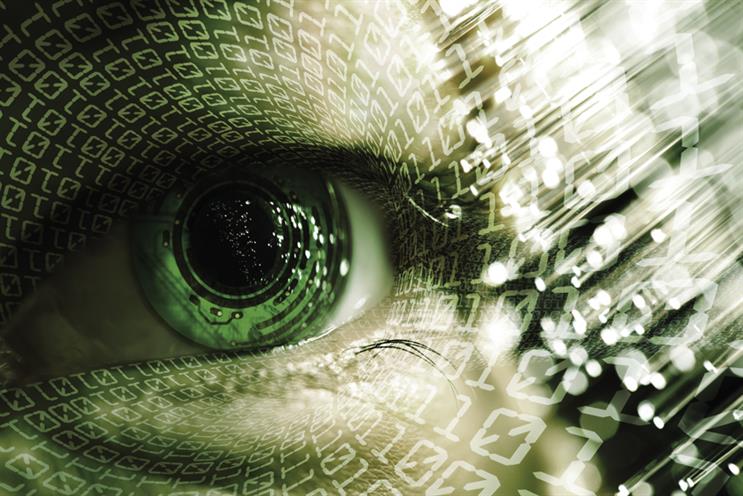
When the Google algorithm knows you better than you know yourself, artificial intelligence may supersede humans – and even decide our habits as consumers.
That is the apocalyptic prediction made by historian and author Yuval Noah Harari, who spoke at the Royal Society for the Encouragement of Arts, Manufactures and Commerce in London this month about his new book, Homo Deus: A Brief History of Tomorrow, the follow-up to Sapiens: A Brief History of Humankind. "Already today, when you look at who the most important consumer in the world is, that consumer is the Google algorithm," he declared. One theory about the society of the future is that the ultimate usefulness of humans will be as consumers.
"They will no longer create anything, they will not make anything, they will just consume," Harari explained. But even the long-held idea that "the customer is king" could be under threat, he said, because AI may be better than humans at consumption too. Harari claims that, in this era of "data-ism", authority is shifting from humans to algorithms.
"If Amazon and Google turn up suggestions that are better than your own [independent thoughts], it is a difficult space [for the individual] to be in," he said. "If you want to stay ahead of the algorithm, you have to know yourself better than them and that is a very demanding task." According to Harari, this inherent inequality is being exacerbated by consumers giving away their most valuable asset (biometric data) in exchange for "funny cat videos on Google". In Homo Deus, Harari argues that intelligence and consciousness are therefore uncoupling.
By this, he means that, in the past, humans were meant to decide what happened to them, what they consumed or how they voted. However, this is no longer true because people are handing over power to networks, which then use their automated understanding of consumers’ ideas and behaviours to determine what will happen to them or what they will buy.
The ‘useless class’
The disempowerment of the individual is a key trend for Harari, who believes that the fundamental question of the age is who controls the algorithm and who controls the data. He says today’s algorithm-driven "passive consumption model" could become a gilded cage that locks inequality in place.
Society is only at the beginning of this process of data-led transformation, where ever-more complex networks treat human beings as units of information, according to Harari’s thesis. He argues that the modern idea that individuals are in charge of their fate was never much more than a leap of faith.
"Real power always resided with the networks," he said – a power which means that consumers, who correctly sense they are becoming marginalised, are wrong in their diagnosis of where the power has shifted to. "The power did not shift to Brussels or the European Union – it has shifted to the cloud," he noted wryly. Harari warned that this inequality will only increase with the advent of a new class of optimised superhumans, empowered by biotechnology, alongside a "useless class" comprising an underclass devoid of economic power or purpose.
"In the 21st century, we will see, for the first time in history, social differences being translated into biological differences," Harari predicted. While, historically, the focus of medicine has been fundamentally egalitarian (healing the sick), in the future the goal of upgrading the health of the few risks being elitist.
Emotional resilience
In the face of this dystopian nightmare and an era of unprecedented technological change, the big question for the industry is how to better educate ourselves to meet the demands of this chaotic future. According to Harari, it demands a fundamental shift in how humans view their professional lifespan.
"We have this model of life that is divided into the first period where you mostly learn and the second period where you mostly work, but this will become irrelevant," he suggested. "Increasingly, humans will have to reinvent themselves over and over throughout their life."
While human adolescence has been seen as the time in which we find, lose and reinvent ourselves, Harari believes that the often painful process of reinvention and self-actualisation will become part of the fabric of life.
The prospect of your profession being replaced by an algorithm more than once in your lifetime presents a challenge to teachers and educators. "When you talk about education, you are talking about the present, but what will the world be like moving forward?" Harari said. "We can’t answer the question today to know exactly what to teach today."
All is not lost, however. Harari has a reassuring response to those who ask how individuals can better equip the next generation to thrive at the dawn of this new, chaotic era. "It will require, above anything else, a lot of emotional and physical resilience," he said.
"The best bet is to invest in building emotional intelligence" rather than "knowledge in any other narrow field". Even in the age of the omnipresent algorithm, investing in emotional capabilities and human frailties that are so easily mistaken for weakness may become the thinking marketer’s greatest strength.

